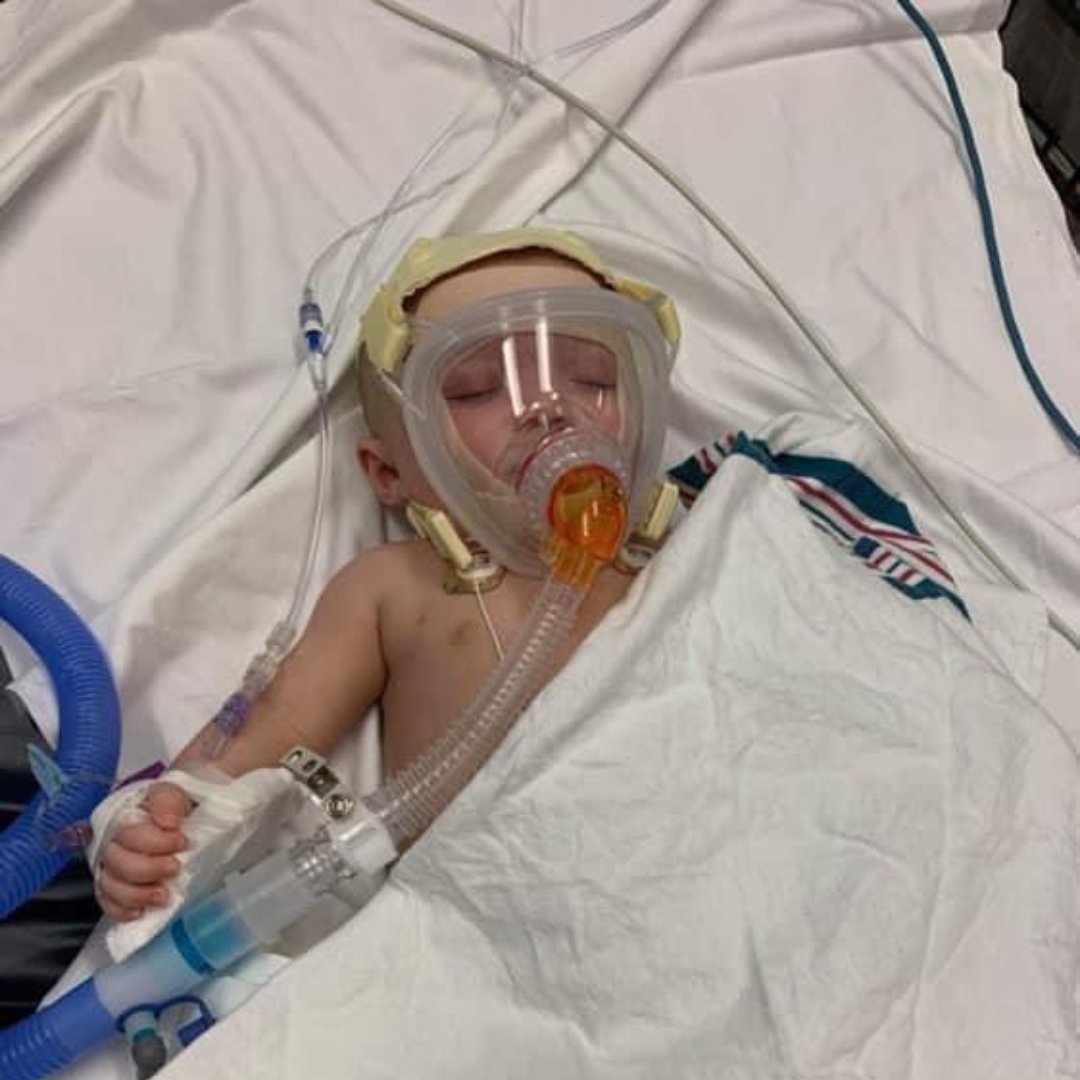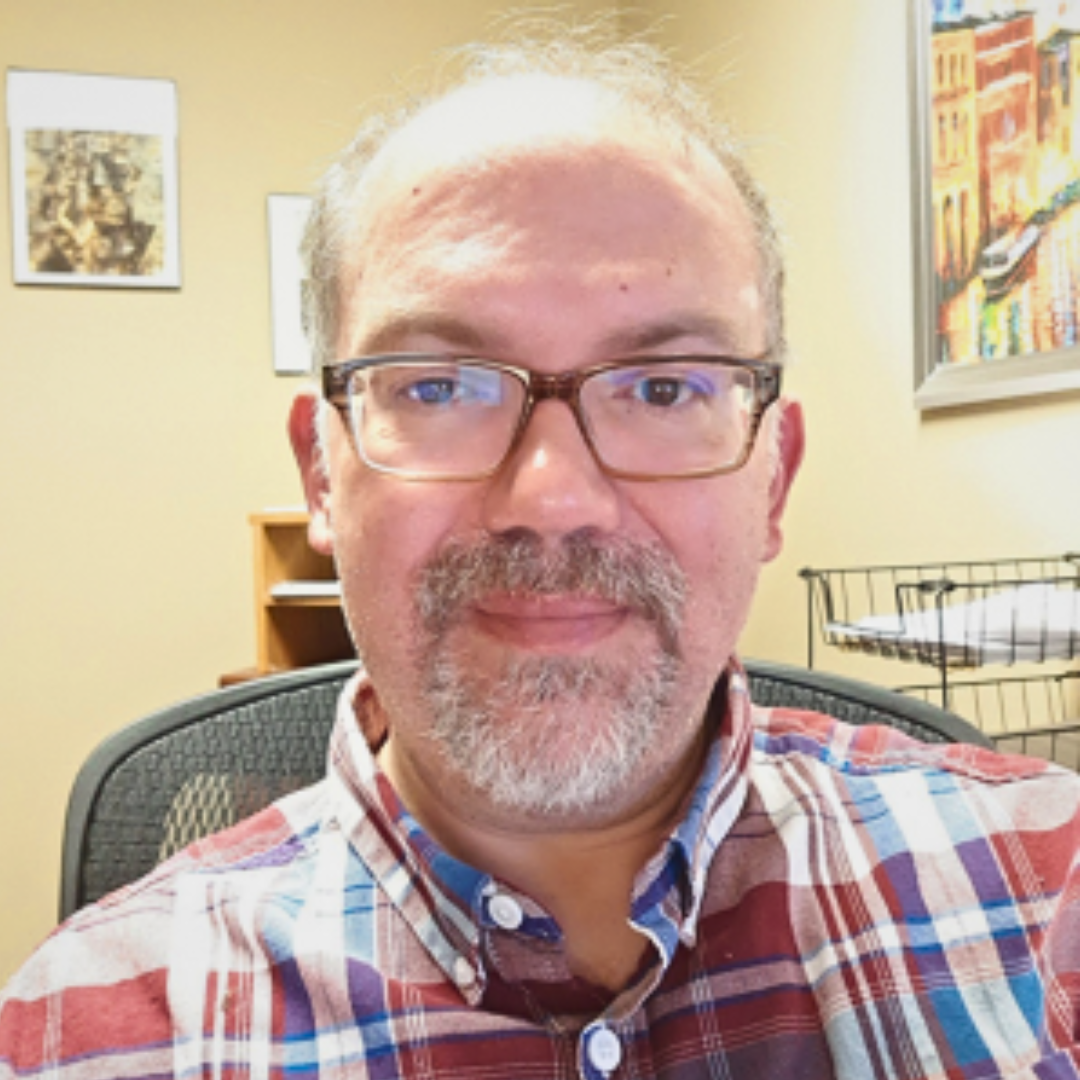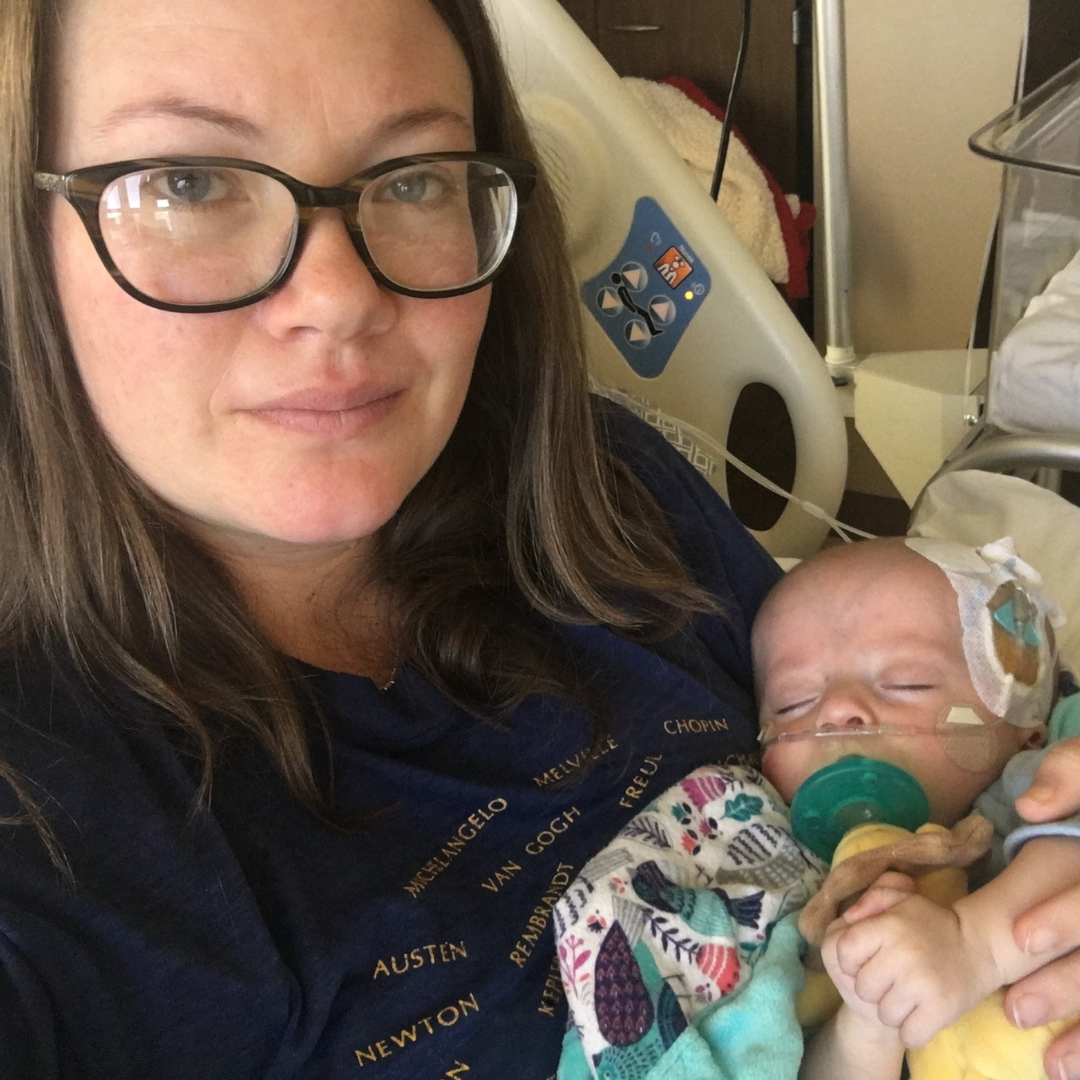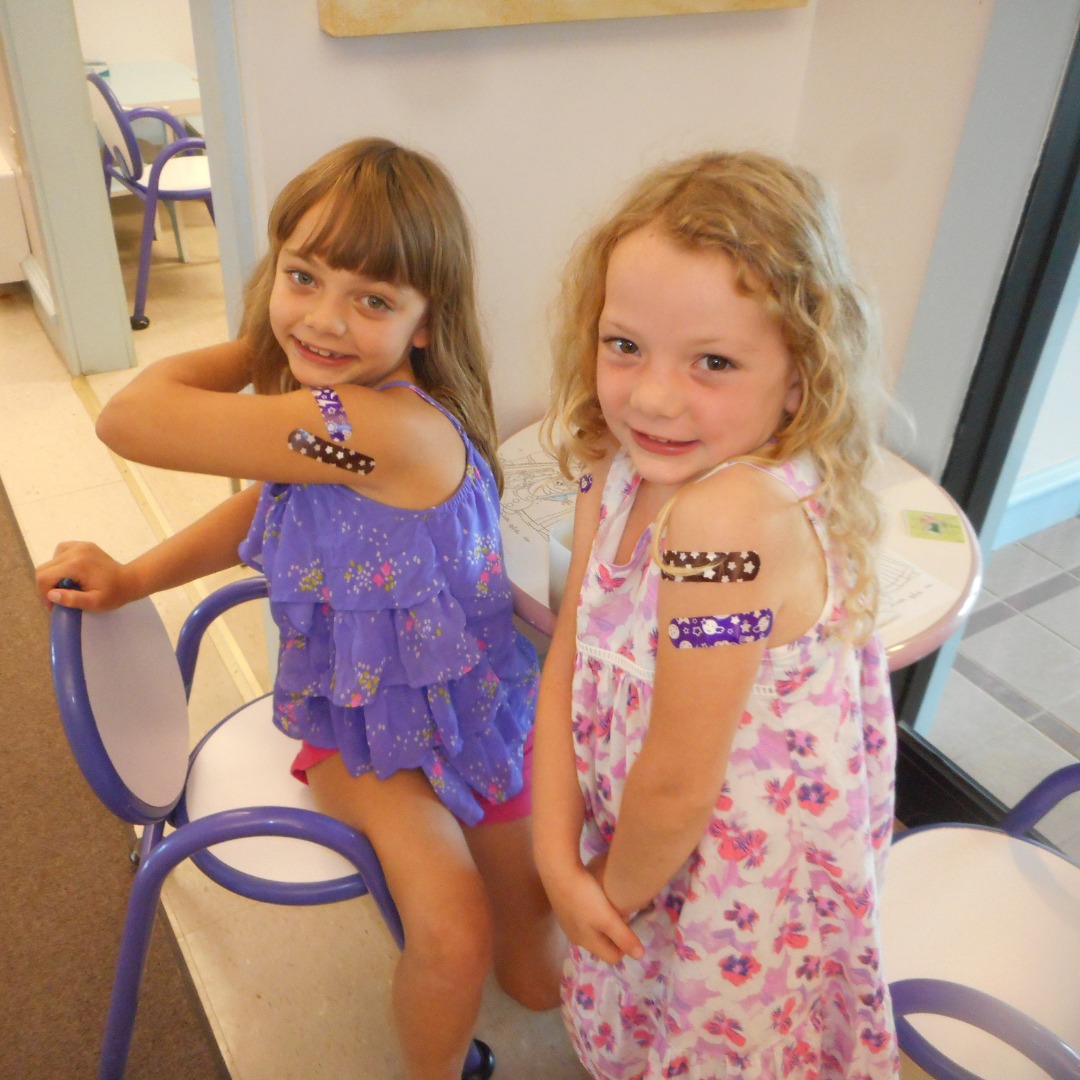by Roxanna
My youngest child, Dani, was born 8 weeks before his due date in 2018 because of pregnancy-induced hypertension. He was 5 lbs, 1 ounce at birth, and by the time we took him home, he was only 4 lbs and 10 ounces. A small, frail, preterm baby, but he managed to do so well that I was able to take him home on time without an extended stay in the NICU.
Despite the easy transition home and being an experienced mom of now 3 children, his health started going downhill about 2 weeks after bringing him home. Dani was continually catching small colds. Fighting them for a week or so and then repeating it all over once he would recover.
I made strict rules about hand washing and visitors. Unfortunately, after one of those rules was broken, my worst fear happened: my son became sick with RSV.
The Onset of RSV's Severe Symptoms
The first week, I tried my best to mother and nurture him, hoping he would get better soon, but he was not improving. I picked up my small baby and noticed that his lips and the tips of his fingers were an unnatural blue color. He was breathing very fast. I immediately phoned the pediatrician, and they had us bring him in right away.
The doctor took one look at my son and called the ambulance. It was at that moment the seriousness of what was happening set in. Dani was at serious risk of losing his precious life at only 3 months old.
We followed him to the hospital, where the medical staff started working urgently to get his breathing and oxygen levels to a safe place. They had to heavily sedate him and warned me that if they could not bring his oxygen levels to normal soon, he would need to be intubated. That day, he began a month-long battle. He was kept on an oxygen mask and routinely given sedating meds so that he could sleep and focus on fighting the virus.

Battling RSV and Adenovirus in the PICU
The doctor ordered cultures and blood tests to find what viruses we were up against. The test results came back positive for RSV and 4 different types of adenovirus known to attack the respiratory system.
At week two, Dani began to improve, but the recovery process would take time. They had to slowly wean him off the sedative medications as well as the oxygen. He also had to learn how to drink from a bottle on his own again and would need the assistance of a feeding tube. Failure to do so could lead to choking or aspiration pneumonia, which would have almost certainly been a death sentence for my precious baby.
With the time and attention of the wonderful nurses and doctors of a National Children’s Hospital, my son made it home alive after a month in the PICU, but for many more months, he required a nebulizer and special care to speed his recovery. I am not sure if it is related, but he did go on to develop asthma. A disease we have to always be mindful of and pay close attention to when he becomes ill with respiratory disease.
The Critical Need for RSV Prevention and Awareness
That month was the scariest month in my 16 years of being a mom. I will never forget it. The thought of losing a child is every parent’s worst nightmare, and we were far closer to it than I would like to think about.
If there had been preventative measures that could have been given the year my son was born, I would not have given it a second thought. I urge every parent to consider the options that are available to them because once the diagnosis is made, you are relying on a coin flip. It is a gamble that could end in lifelong consequences or even the funeral of a young one.
Roxanna is a 40 year old married mother of 3. The events described in her story took place in Columbus, Ohio where she gives much thanks to Nationwide Children’s Hospital and all the nurses and staff that helped bring her son home. Her story, like all others on this blog, was a voluntary submission. If you want to help make a difference, submit your own post by emailing us through our contact form. We depend on real people like you sharing experience to protect others from misinformation.



